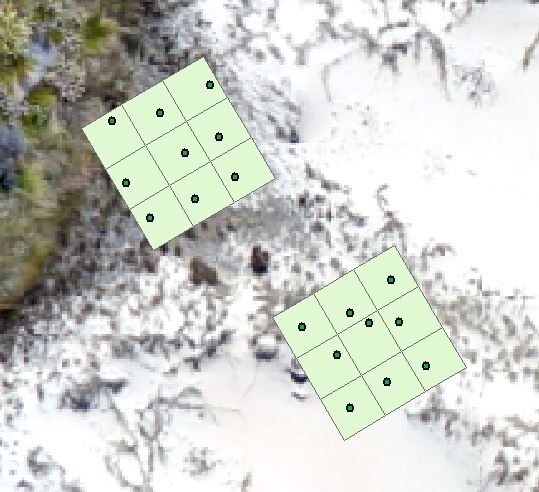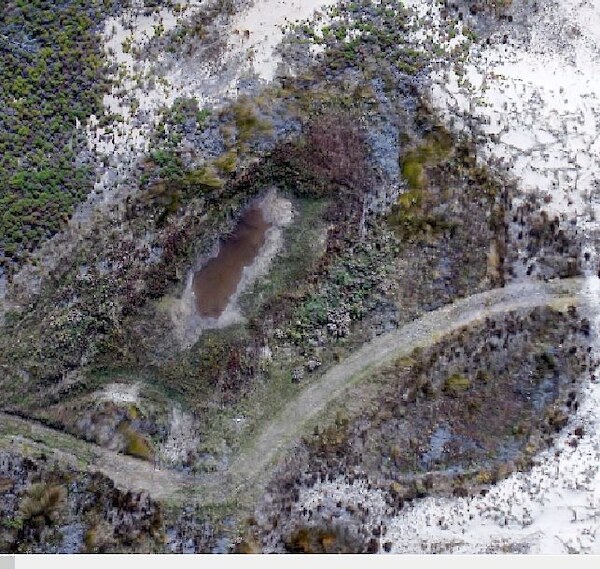News from Northland
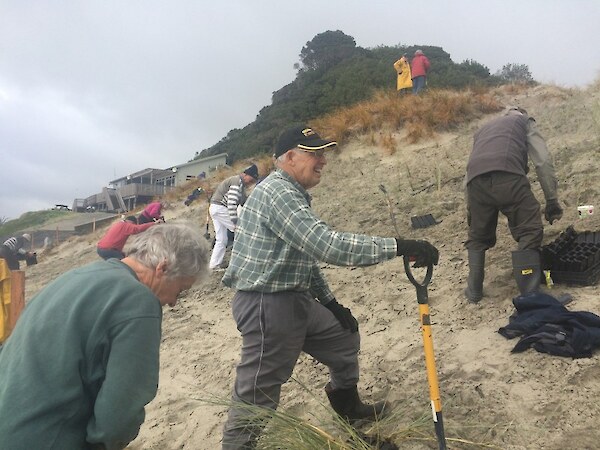 CoastCare Northland has had another busy planting season with 9800 spinifex, 4500 pingao, and 1150 back-dune plants provided to groups for planting at sites around Northland’s coast. Groups have also been busy with weed and pest control and putting up fences and signs to protect the dunes.
CoastCare Northland has had another busy planting season with 9800 spinifex, 4500 pingao, and 1150 back-dune plants provided to groups for planting at sites around Northland’s coast. Groups have also been busy with weed and pest control and putting up fences and signs to protect the dunes.
Dune restoration at Long Beach began in 2011 with a group of local residents keen to protect the few remaining patches of spinifex on the beach, and expand 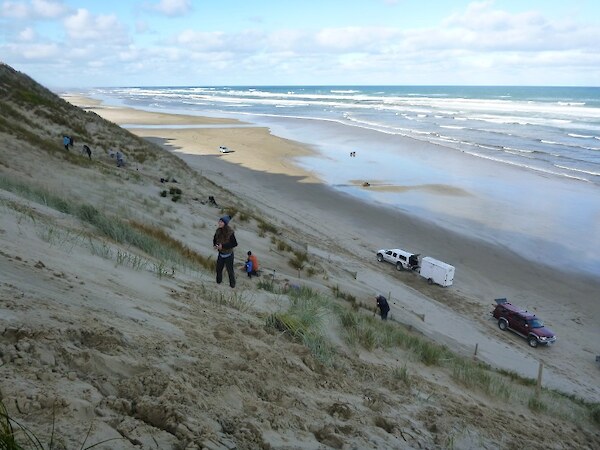 them by planting. Planting was initially mainly on the lower part of the dune below the kikuyu, but this made the planting vulnerable to storms and also made the control of the kikuyu a big on-going job. Dune restoration at Russell took a big step forward this winter with local residents agreeing to have the kikuyu mechanically removed and replaced with native sand-binders to establish a wider dune that will provide a buffer and allow for dune recovery after storm erosion. Response has been extremely positive and it is planned to continue the work along the beach.
them by planting. Planting was initially mainly on the lower part of the dune below the kikuyu, but this made the planting vulnerable to storms and also made the control of the kikuyu a big on-going job. Dune restoration at Russell took a big step forward this winter with local residents agreeing to have the kikuyu mechanically removed and replaced with native sand-binders to establish a wider dune that will provide a buffer and allow for dune recovery after storm erosion. Response has been extremely positive and it is planned to continue the work along the beach.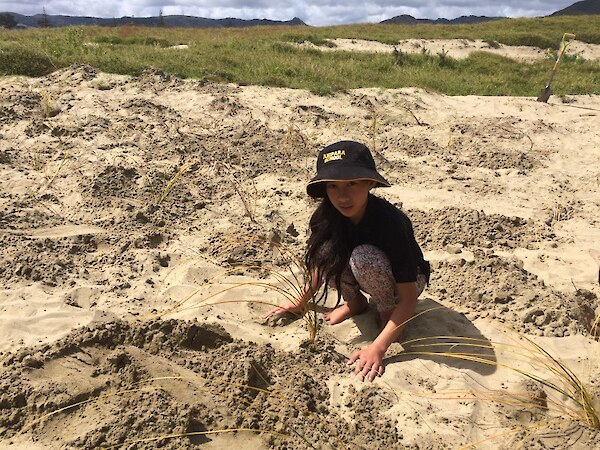
Mangawhai Heads is another popular Northland beach and many feet trampling a relatively small area has had an impact on the sand dunes there. Despite previous work by the Kaipara District Council to help restore the dune area, weeds have taken over parts of the dunes, and damaged fences and walk-ways have led to plants being crushed and caused large dune blow-outs. A collaborative project has been set up with both councils and the local community. Weed control was undertaken and then a planting day was held with around 25 people planting 1300 plants in the “stage one” area in just over an hour. Stage two of weed control and planting is planned for next year.
For more detail on these stories and information on other CoastCare Northland activities, email [Enable JavaScript to view protected content] for a copy of the latest CoastCare News or visit www.nrc.govt.nz/CoastCare
Posted: 15 December 2015 in the News category

